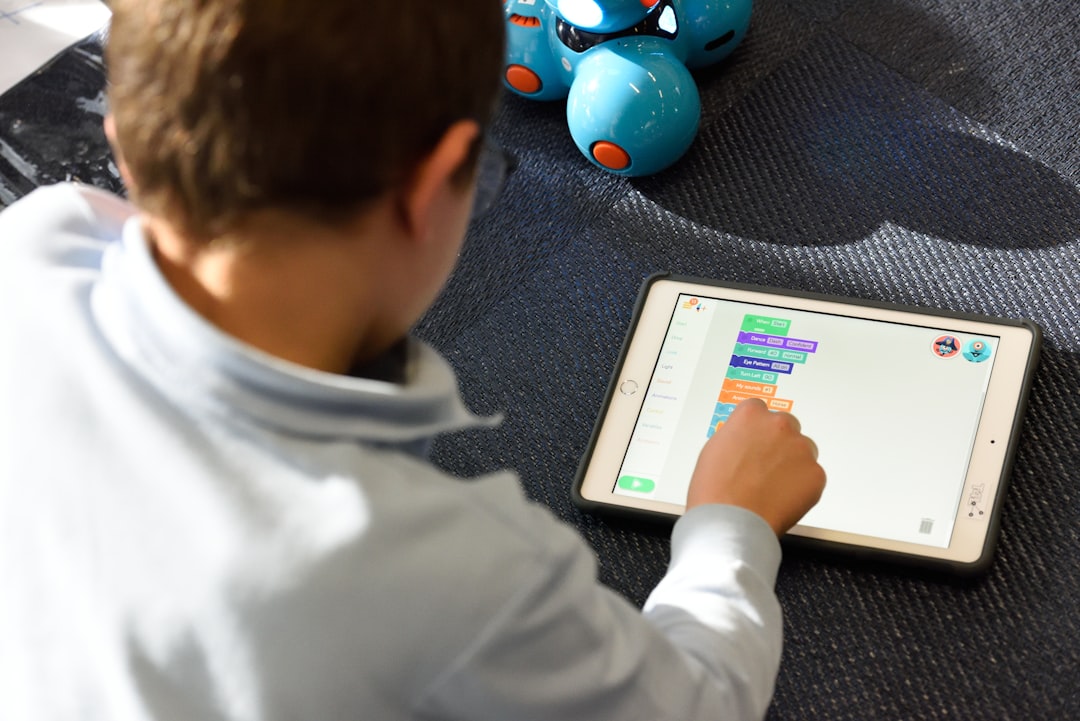With the rapid evolution of digital learning, online schools for elementary education are becoming a significant alternative to traditional classrooms — especially for children with special needs and diverse learning styles. These innovative platforms are not only reshaping how education is delivered but are also creating inclusive environments where every student, regardless of their unique challenges or backgrounds, can thrive.
Why Online Elementary Education is Transformative for Special Needs Students
Children with special needs often require a personalized and flexible approach to learning. Online elementary schools offer tailored educational experiences that help these students succeed at their own pace. Here’s how:
- Customization: Lessons can be modified to accommodate various learning styles—whether visual, auditory, or kinesthetic—allowing children to absorb information in a way that makes sense to them.
- Pacing: Unlike traditional classrooms where students must keep up with a set schedule, online programs allow students to move through the material at a pace that suits their abilities and needs.
- Reduced Sensory Overload: For students with sensory processing disorders, the quiet, controlled home environment mitigates distractions and stressors common in physical classrooms.
- One-on-One Support: Access to tutors and specialized educators through video calls or online chats ensures that students receive focused assistance when needed.

Supporting Neurodiverse Learners
Online elementary schools often incorporate assistive technologies and adaptive learning tools that are particularly beneficial for neurodiverse students, including those with ADHD and autism. These platforms integrate features such as:
- Speech-to-text programs for students who have difficulty with reading and writing
- Interactive quizzes and games that maintain focus and make learning engaging
- Visual schedules and timers to help students stay organized and manage time effectively
Moreover, many online schools employ faculty trained specifically in special education. These educators understand how to identify challenges and adapt lesson plans in real time, helping neurodiverse learners stay on track without becoming overwhelmed.
Cultural and Linguistic Inclusivity in Virtual Classrooms
Diversity in online elementary education isn’t limited to learning needs alone. Students from various cultural, ethnic, and linguistic backgrounds also benefit from virtual classrooms that respect and reflect their identities. Many online curriculums are designed with global perspectives in mind, incorporating multicultural texts, diverse historical viewpoints, and multiple language options.
Additionally, for English Language Learners (ELL), online schools provide invaluable tools such as subtitles, language translation features, and adjustable reading levels. This makes it easier for non-native speakers to access the content, build vocabulary, and engage more deeply with the material.

Parental Involvement and Collaboration
Online education encourages stronger parent-teacher communication and allows parents to take an active role in their child’s learning. For families of children with special needs, this engagement is crucial. Parents can:
- Monitor progress through digital dashboards
- Collaborate with educators during virtual meetings
- Help customize learning activities based on their child’s strengths and interests
Such a team effort between teachers, specialists, and caregivers ensures that students receive consistent support both online and at home.
Challenges and Considerations
While the advantages of online elementary education for special and diverse learners are considerable, there are challenges to overcome:
- Access to Technology: Not every family has the necessary devices or reliable internet connection.
- Need for Supervision: Younger children, especially those with special needs, may require continuous oversight and guidance.
- Emotional Well-being: The lack of physical interaction can lead to feelings of isolation, making it important to incorporate social opportunities through virtual clubs or peer group meetings.
To mitigate these issues, many online schools offer loaner devices, tech support, and teacher-guided social sessions designed to build emotional resilience and interpersonal skills.
The Path Ahead
As technology continues to advance and awareness of neurodiversity and cultural inclusivity grows, online elementary schools are poised to become even more adaptive and accessible. Their ability to deliver personalized, flexible, and inclusive education makes them a compelling option for families seeking a mindful approach to learning. For children who often feel left behind in traditional settings, the virtual classroom opens up a world of possibilities — empowering them to reach their full potential.